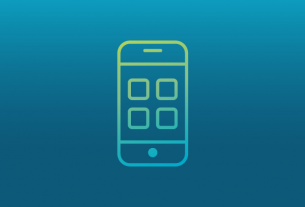Mental health billing can be a daunting task for many providers. There are a variety of different insurance companies, each with its own set of rules and regulations. Add to that the fact that many mental health conditions are considered “pre-existing” by insurance companies, and it’s no wonder that providers are often left feeling frustrated and overwhelmed. In this guide, we’ll walk you through everything you need to know about mental health billing so that you can get paid for the services you provide.
How Mental Health Billing Software Can Help?
One of the best ways to streamline your mental health billing process is to invest in the quality mental health billing software. This type of software is designed to help you quickly and easily submit claims, track payments, and manage your accounts receivable. In addition, it can often help you get paid faster by automating many of the tasks that are required for billing and collections. When you’re able to get paid faster, it frees up more of your time to focus on providing quality care to your patients.
When choosing mental health billing software, it’s important to select a program that is designed specifically for mental health providers. This will ensure that the software includes all of the features and functionality you need to streamline your billing process. In addition, you’ll want to make sure that the software is compatible with the electronic medical records system you use in your practice. This will allow you to quickly and easily transfer patient information between the two systems, which can save you a significant amount of time.
Tips for Getting Started with Mental Health Billing
If you’re new to mental health billing, there are a few things you can do to get started on the right foot. First, be sure to thoroughly review your insurance contracts. This will help you understand what services are covered and how much you’ll be reimbursed for them. For example, look for behavioral health software if you want to streamline the process. You should also familiarize yourself with the billing process for your specific state. Each state has its own laws and regulations regarding mental health billing, so you’ll need to make sure you’re in compliance.
Next, take some time to review your patient records. It will help you determine what type of documentation you’ll need to support your claims. In general, you’ll need to include the diagnosis code for each patient, as well as the dates of service. The more information you can provide, the easier it will be to get paid for your services. Finally, consider investing in quality mental health billing software, as it can help you save time and money in the long run.
To Sum It Up
Mental health billing can be a complex and time-consuming task. However, with the help of this guide and quality mental health billing software, you can streamline the process and get paid for the services you provide. So, don’t wait any longer; get started today!



